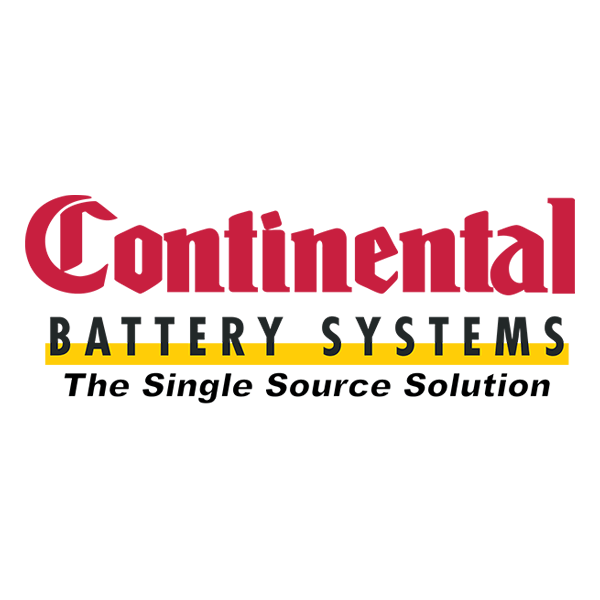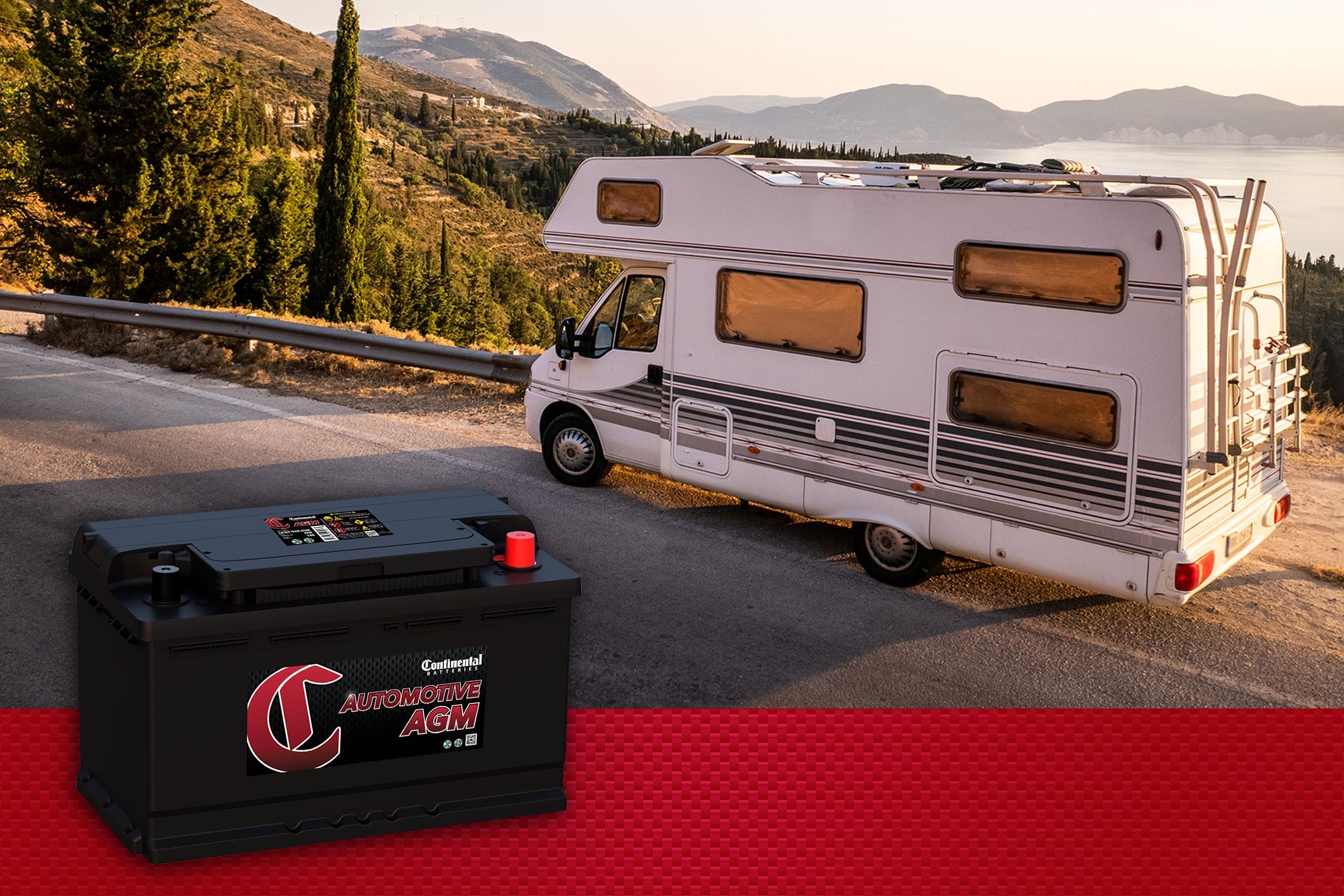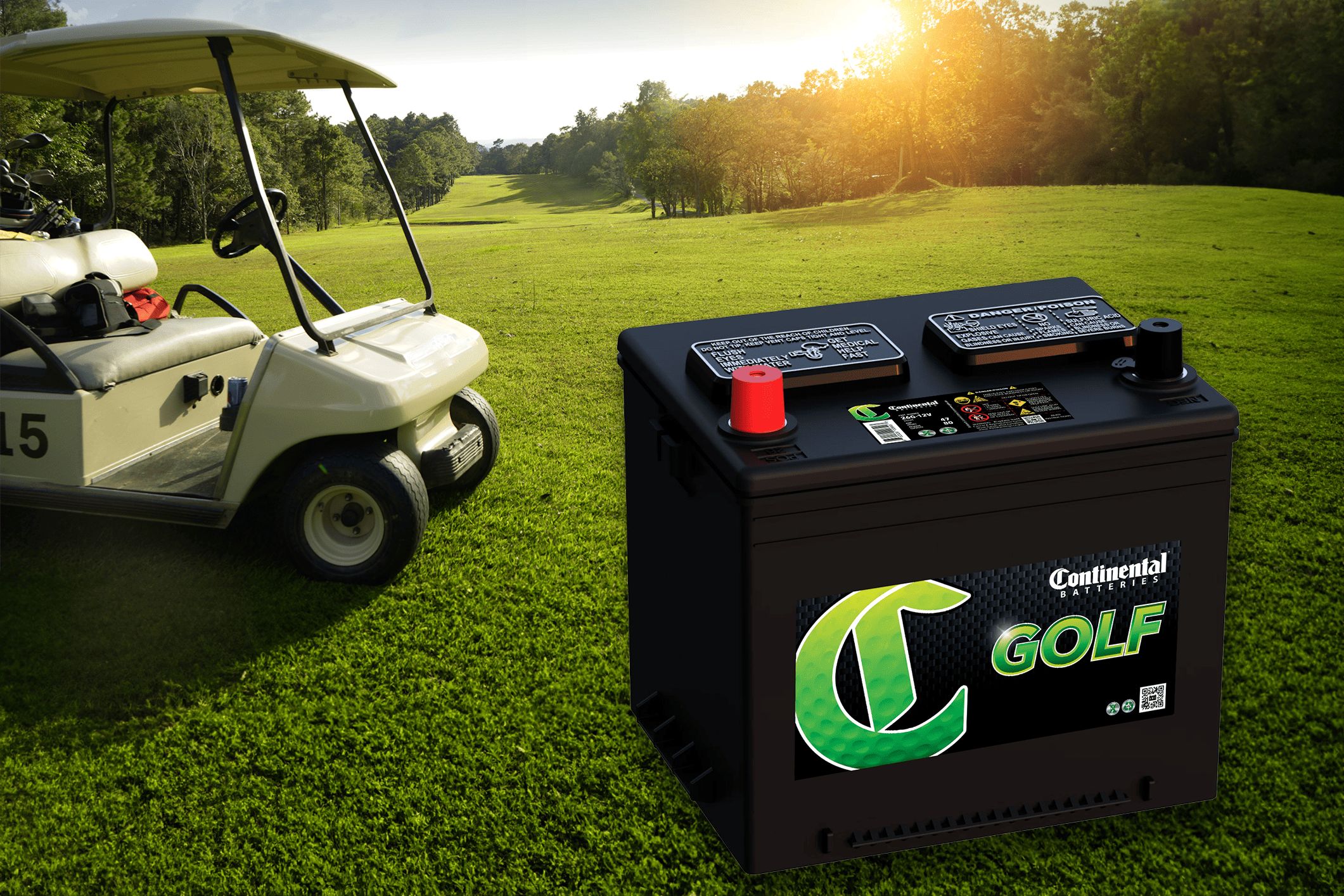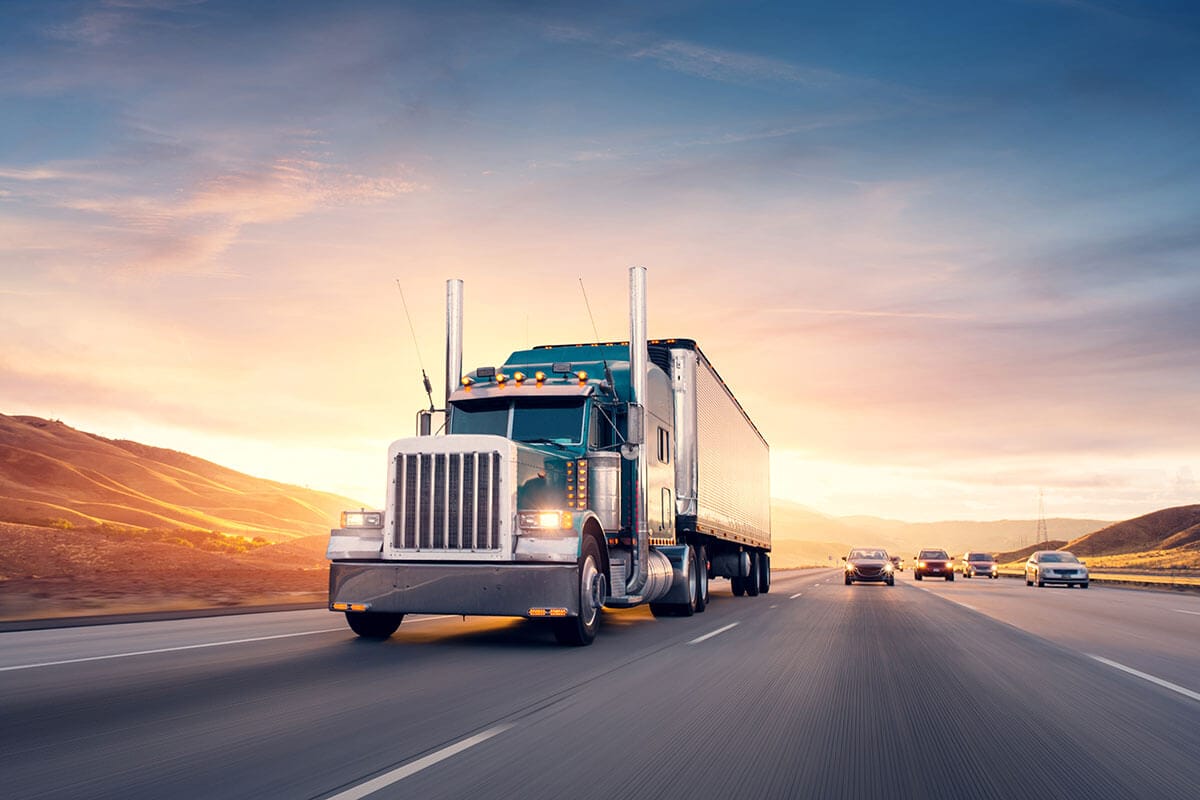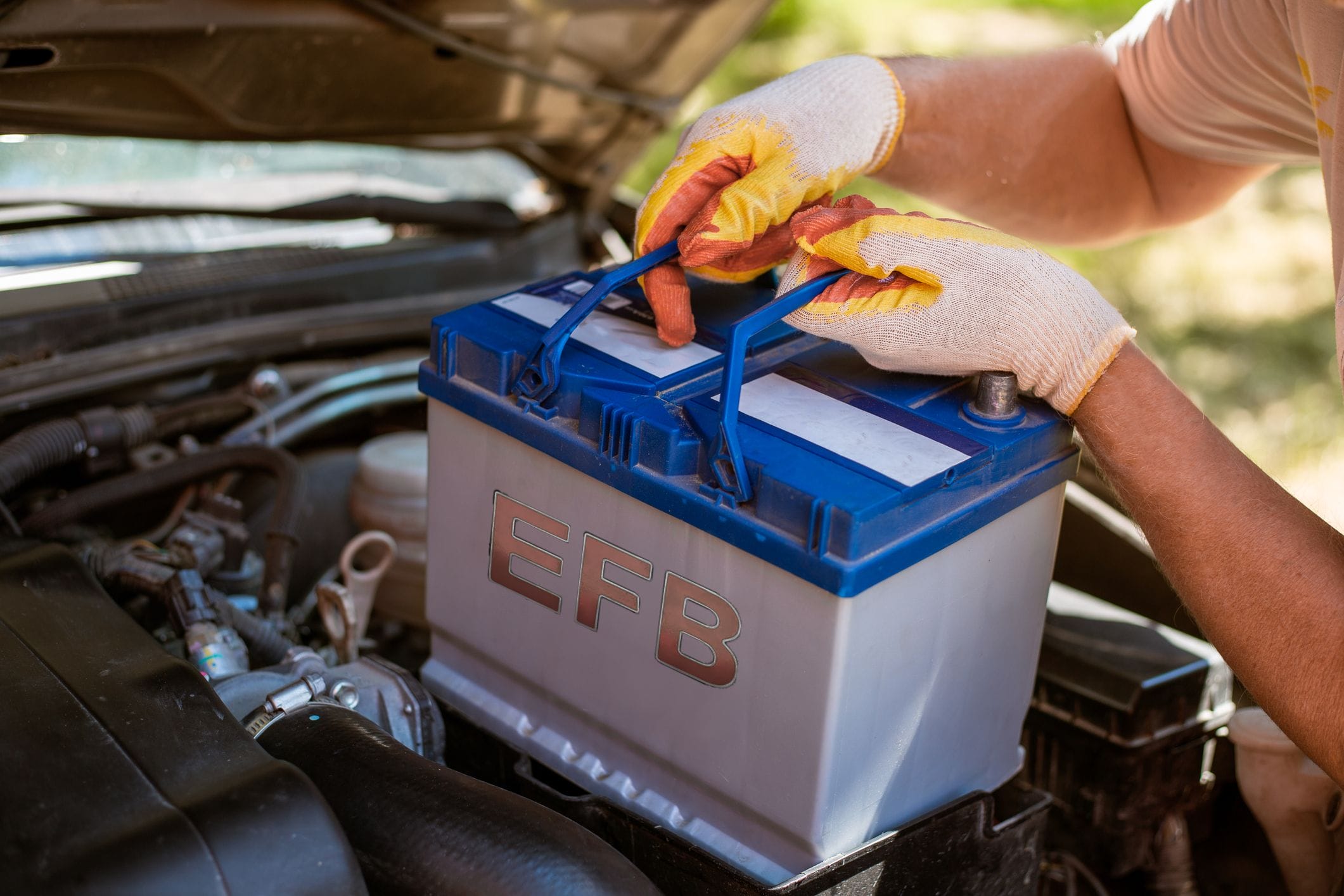
Getting to where you’re going is half the fun, unless you’ve neglected your battery’s maintenance and your car won’t start.
You rely on your car battery more than you might realize. If you think of your car battery as the heart of your vehicle, you know that if that heart stops beating, you’re not going anywhere. And that could mean, not getting to work, being late for an important appointment, an emergency, or simply a shopping errand. Even when your car is not running, your battery is still charging, ensuring that your car will start, your lights will come on, the windshield wipers will work, and the radio will come on when you’re ready to go.
It will help you to understand more about the various types of vehicle batteries there are, so you can identify which one is the best choice for your vehicle. Here’s a helpful guide to explain the different kinds of car, truck, and other vehicle batteries.
SLI Batteries: Starting, Lighting and Ignition
Most car batteries fall into this category. Not only do they help start your car, they also power your ignition, lights, radio and more. SLIs usually have a shallow charge cycle and are built to deliver high amounts of power in short bursts in order to crank an engine.
Deep Cycle Batteries
Deep Cycle Batteries are ideal for marine vehicles, golf carts, and small recreational vehicles because they provide sustained power over a longer period of time.
VRLA or Valve-Regulated Lead-Acid Batteries
VLRA batteries are designed to be low-maintenance and don’t require the regular addition of water to the battery cells. Because they don’t require regular maintenance, the batteries are sealed which means they will not spill if tipped over. This also means that in most cases, the batteries cannot be serviced, they just need to be replaced.
Two notable types of VRLA batteries are Absorbed Glass Mat (AGM) and Gel Cell batteries.
- AGM Batteries deliver a higher rate of power in short bursts compared to other sealed batteries thanks to a fast reaction between the electrolyte and the thin fiberglass surface mat.
- GEL Batteries, because of their silica-based electrolyte, usually work best for deep-cycle applications like mobility scooters, but are adversely affected by extreme cold or hot temperatures.
Wet Cell (or Flooded) Batteries
Wet Cell batteries have a combination of lead, sulfuric acid and water which creates the needed electrolyte. They are usually less expensive than other solutions, but don’t provide the same convenience and cycle life that VRLA batteries do. Some may also require regular maintenance to replace lost electrolytes.
Lithium-Ion (Li-ion) Batteries
Rather new to the world of batteries, Lithium-Ion batteries are used in hybrids and electric cars because they’re able to store more energy and are lightweight compared to traditional batteries. The most obvious drawback of Li-Ion batteries is their short lifespan of only about three years, regardless of how much or little they are used.
Know Your Battery
It’s important to be well-informed about the type of battery needed for various vehicles, as well as understanding the proper installation and maintenance. To determine which battery is best for your car or truck, read up on car battery basics. consult your vehicle manufacturers’ service guide, and speak with your local Continental Batteries dealer for help from an expert technician who will provide you with a complete battery evaluation.
